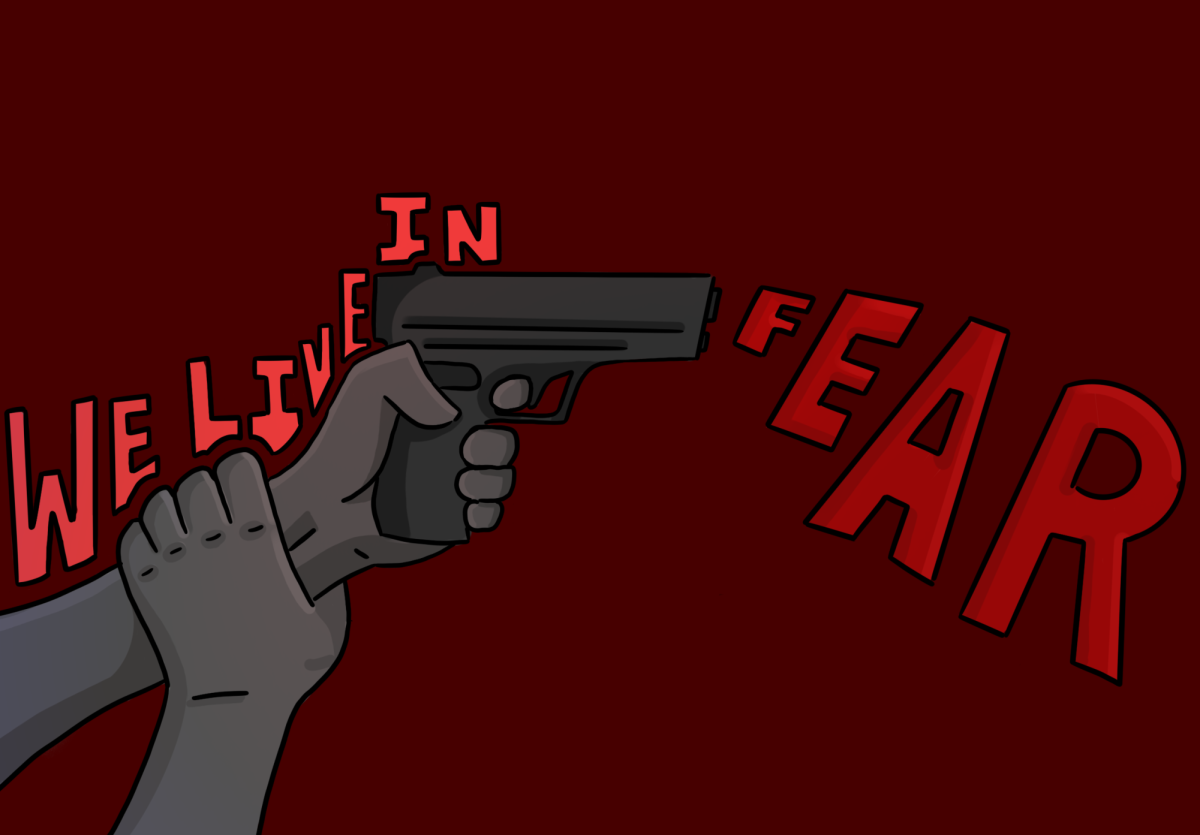Whether you’re someone who fills your day with low-priority tasks or you believe motivation is needed to start a task, everyone is prone to some form of procrastination. It has been estimated that at least half of university students partake in procrastination. But why do we do it? Why do we procrastinate even though it is not beneficial?
The first conclusion we jump to is laziness. However, laziness is not the reason for procrastination. Laziness and procrastination are very different. Procrastination is defined as the voluntary action of delaying or postponing something. The word “voluntary” is what causes us to associate the act of procrastinating with laziness or even just bad time management skills. But this takes us back to the question of why we procrastinate in the first place.
Researchers Timothy Pychyl and Fuschia Sirois argue that the reasoning behind why humans procrastinate is linked to short-term mood repair. Putting off tasks helps manage one’s mood at that specific time. For example, if an individual feels bored when completing a task, they will put off that task to avoid that short-term mood of boredom.
Similarly, researchers Dianne Tice, Todd Heatherton and Roy Baumeister focus on how self-regulation failure plays a role in procrastination. They argue that procrastination happens when we are unable to regulate our behavior and emotions when tempted by distractions.
It is important to realize that laziness is not the reason for procrastination because it will stop you from jumping to conclusions about others or even yourself. But beyond that, it is also important to detect the reasoning behind why you may struggle with procrastination because that is the first step in solving the issue. The next step in the process is to find ways to break the habit of procrastination and then start implementing those into your life.
Common techniques for breaking the cycle of procrastination are prioritizing tasks, rewarding yourself, holding yourself accountable, setting and working ahead of deadlines, beginning with your most difficult work, setting goals, using a planner/calendar and breaking your work into chunks.
However, no one technique to stop procrastination will work for everyone because no two people are the same. But if you’re struggling with procrastination, as simple as it sounds, the best thing you can do is just start. Take that first step and just begin.










